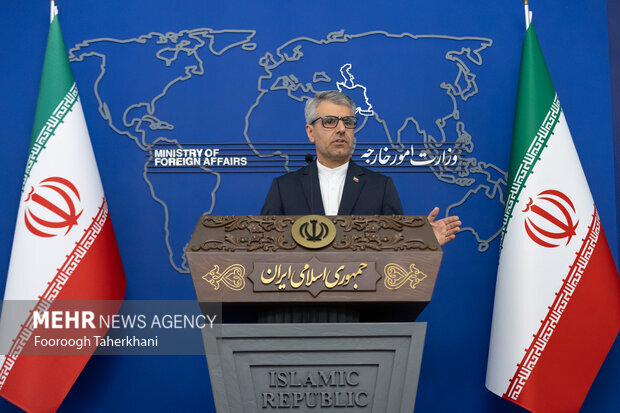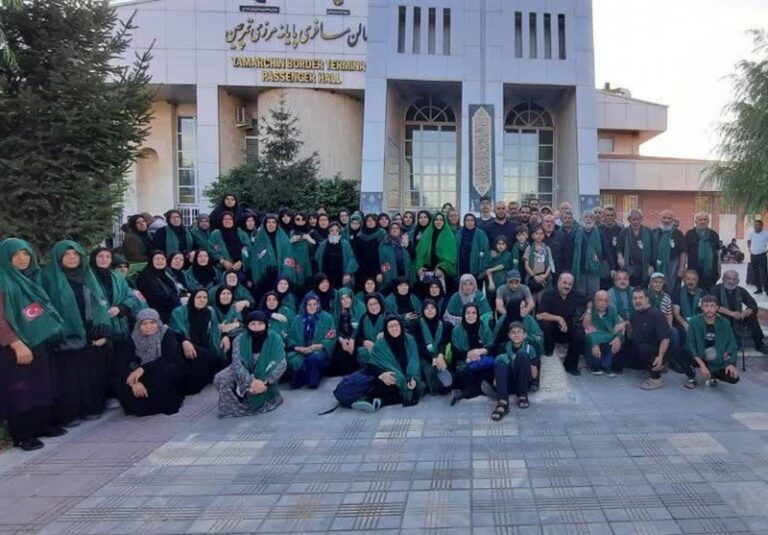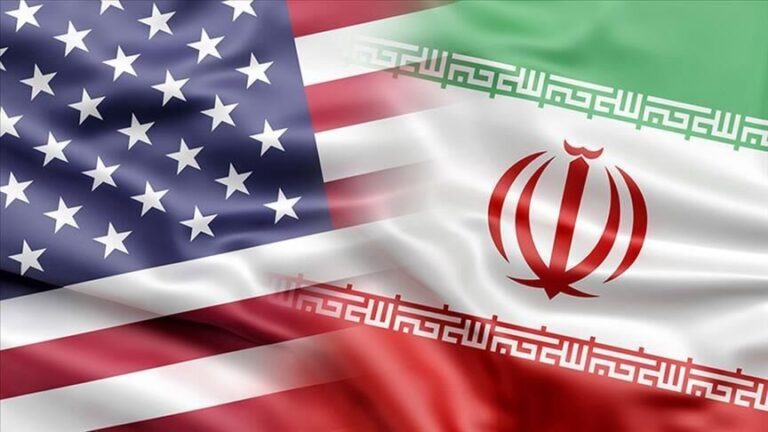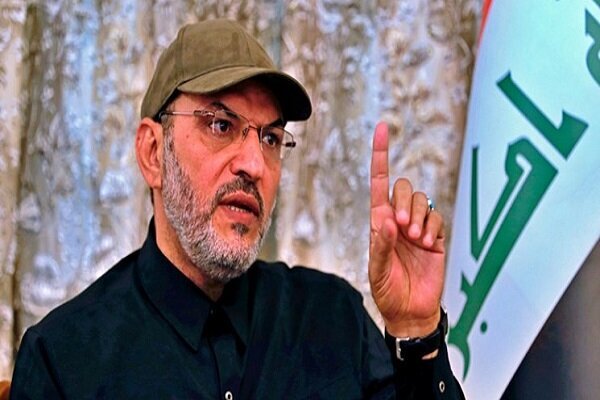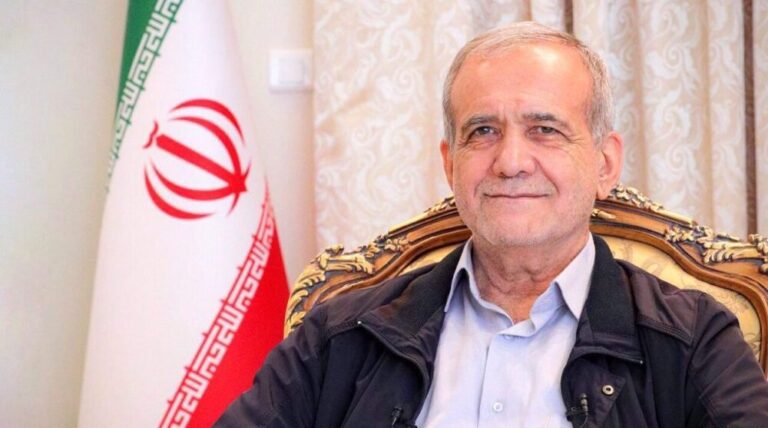Iran Denounces US Proposal for Forced Evacuation of Gazans
The ongoing conflict in Gaza has escalated tensions in the region, with significant implications for international law and human rights. Recently, Foreign Ministry spokesman Esmaeil Baghaei articulated his concerns regarding the situation, stating that “the plan to cleanse Gaza and forcibly displace the Palestinian people [from there] is an extension of Israel’s calculated agenda to wipe out the Palestinian nation.”
Baghaei’s remarks come in light of the United States’ controversial stance on Gaza, which he described as an “unprecedented assault on the core principles of international law and the UN Charter.” This situation raises critical questions about the future of the Palestinian people and their rights.
Here are some key points from Baghaei’s statement:
- International Law Violation: The U.S. claim to seize Gaza contradicts fundamental principles of international law and human rights.
- Palestinian Resistance: For over 76 years, Palestinians have resisted Israeli occupation and aggression, firmly holding onto their ancestral land.
- Historical Identity: Palestinians will not permit the U.S. and Israeli regime to erase their historical and national identity.
- Call for Global Unity: Baghaei urged the international community to unite against the plans to reshape Gaza without the involvement of its residents.
During a recent address at the White House alongside Israeli Prime Minister Benjamin Netanyahu, former President Trump made contentious claims about U.S. involvement in Gaza. He remarked, “The US will take over the Gaza Strip, and we will do a job with it too. We’ll own it,” suggesting that the U.S. might even deploy troops to the region to facilitate the process.
These statements have sparked widespread condemnation from various nations and organizations. Critics argue that any effort to restructure Gaza must include the voices and rights of its inhabitants, emphasizing the need for genuine participation in such discussions.
Baghaei further emphasized the necessity for global solidarity, urging all nations to support the Palestinian people’s right to self-determination and liberation from occupation. He stressed the importance of backing Palestinians through international frameworks, saying, “We call for a firm rejection of this proposal by the United Nations Security Council, the UN General Assembly, and the UN Secretary-General.”
Moreover, Baghaei praised the unanimous opposition from Islamic nations and regional powers against the U.S.-Israeli scheme, calling on the Organization of Islamic Cooperation (OIC) to take a strong and unified stance against these developments.
In conclusion, the situation in Gaza remains critical, and the potential for further escalation necessitates urgent action from the international community. As global citizens, it is essential to advocate for the rights and dignity of the Palestinian people, ensuring their voices are heard and respected in any discussions regarding their future.
The implications of these developments extend beyond Gaza, touching on broader issues of international law, human rights, and geopolitical dynamics. As the world watches, the call for justice and peace in the region continues to resonate, underscoring the need for a resolution that honors the rights of all affected parties.
For continued updates on the situation in Gaza and other international concerns, stay informed through credible news sources and join the conversation about human rights and global solidarity.
